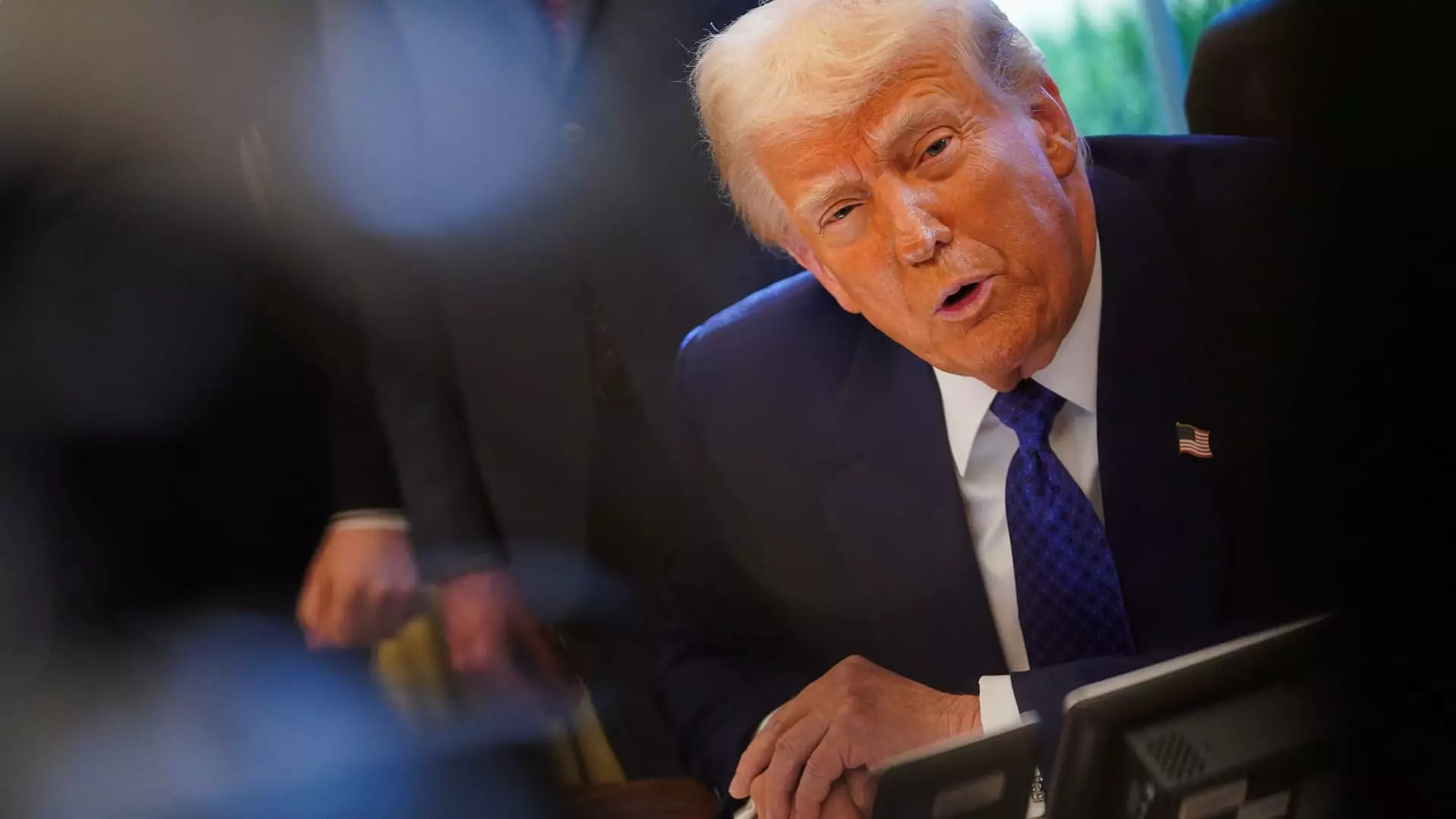The ongoing conflict between Ukraine and Russia has prompted a complex web of international relations, particularly involving the United States and its strategic interests in Eastern Europe. As the conflict persists, discussions have emerged regarding Ukraine’s rare earth minerals, a crucial resource for modern technology, and the potential implications of U.S. involvement in their ownership and protection.
Rare earth minerals are essential in the production of many technological devices, from smartphones to renewable energy technologies. Understanding their importance, the Trump administration has proposed that Ukraine grant the U.S. a 50% stake in these resources. This proposal aims to establish a mechanism for Ukraine to reimburse the U.S. for the extensive military aid and support provided since the onset of the war in February 2022. This intricate arrangement underscores not only the strategic importance of Ukraine as a source of these minerals but also the intertwining of geopolitical interests and military obligations.
Treasury Secretary Scott Bessent recently presented this proposal to Ukrainian President Volodymyr Zelenskyy during a meeting in Kyiv. The draft agreement, described as a means to ensure U.S. ownership of a portion of Ukraine’s rare earth wealth, aimed to solidify extensive U.S.-Ukraine cooperation. Zelenskyy’s cautious approach, opting not to instantly sign the document, speaks to the delicate nature of negotiations amid a volatile geopolitical landscape. His decision signifies an awareness of the need for thorough evaluation and consultation before any commitment is made, particularly when national sovereignty is at stake.
Zelenskyy has – publicly and privately – emphasized the critical role U.S. military support plays in Ukraine’s ability to withstand Russian aggression. His assertion that Ukraine would face insurmountable challenges without U.S. assistance rings true amid ongoing hostilities. The notion of establishing an agreement that intertwines military support with resource ownership reflects a burgeoning trend in global politics where security and economic interests are increasingly interconnected.
Moreover, some U.S. officials have suggested that American troops could be deployed to Ukraine to safeguard these rare earth minerals, though Defense Secretary Pete Hegseth has contended that such deployment would not be guaranteed under any security arrangement. This contrast in perspectives highlights the strategic calculus regarding troop movements, particularly in a region fraught with potential military confrontation.
The proposal’s framing as a memorandum rather than a formal security agreement adds another layer of complexity to discussions between the two nations. Zelenskyy’s reference to the document being reviewed by his legal team indicates a desire to maintain diplomatic integrity and assess potential legal ramifications before proceeding. The nuances in language and structure of the agreement reflect broader concerns regarding national rights and privileges amidst external pressures.
In discussions surrounding the negotiation, former President Donald Trump has voiced his interest in establishing a significant U.S. stake in Ukrainian minerals, suggesting that Ukraine could yield economic benefits from such a partnership. His characterization of Kyiv as a steadfast ally seeking substantial U.S. support complicates perceptions of transactional relationships in international diplomacy, highlighting the balance between humanitarian considerations and strategic resource management.
The outcome of these negotiations is likely to influence Ukraine’s long-term foreign policy dynamics and its relationship with both the U.S. and Russia. As Trump’s administration explored avenues to solidify U.S. interests, questions arise about potential implications for Ukraine’s sovereignty and its capacity to maintain agency in international affairs. The interplay between resource-driven motives and diplomatic relationships calls for critical engagement from the global community.
As the situation develops, these negotiations may pave the way for a new chapter in U.S.-Ukraine relations characterized by mutual dependencies and shared risks. The proposal for U.S. ownership of a segment of Ukraine’s rare earth resources is more than a mere economic transaction; it reflects the intricate balance of power in a transformed geopolitical landscape, offering insights into the future of international cooperation in times of conflict.
The discourse around U.S. involvement in Ukraine’s mineral wealth serves as a testament to the complex tapestry of modern diplomacy, where security, economics, and sovereignty converge in intricate and often contentious ways.


Leave a Reply